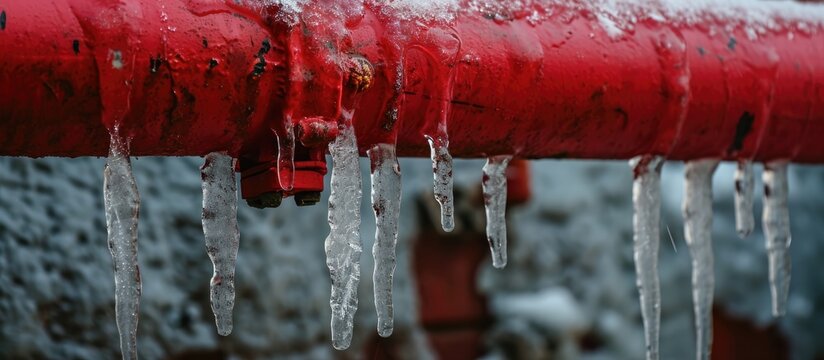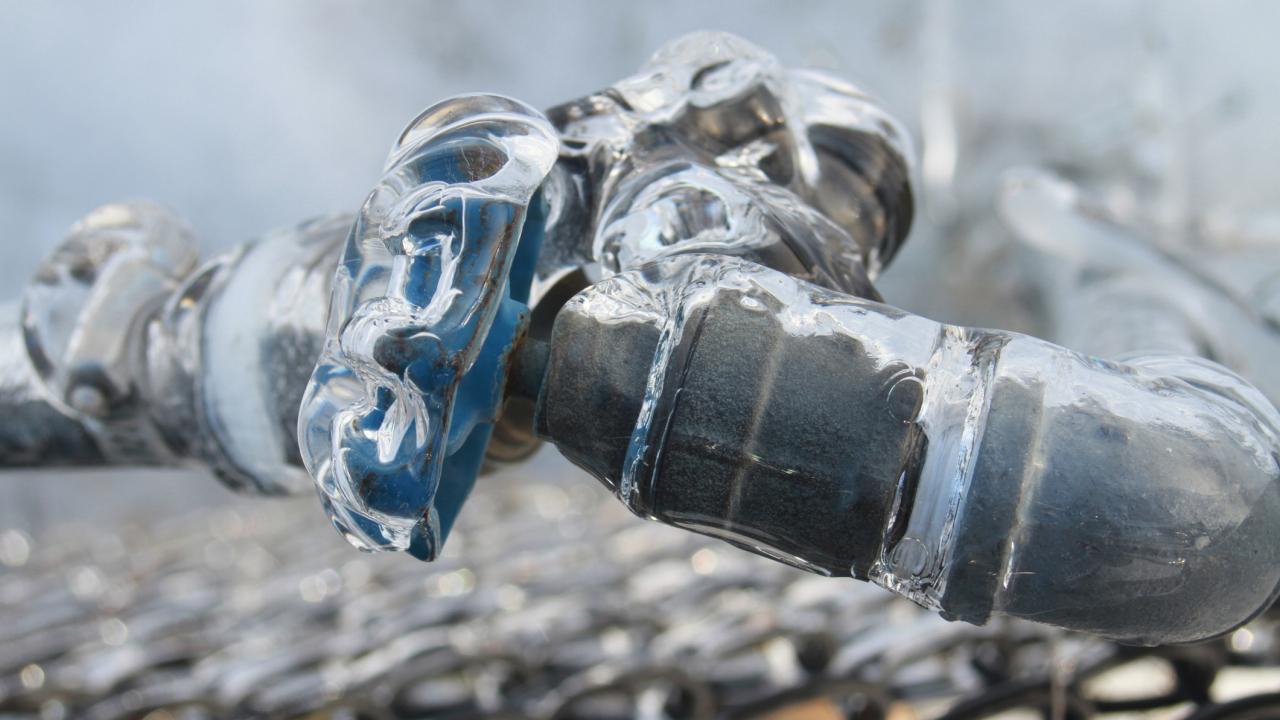Tips to Avoid Frozen Plumbing in Cold Weather: Pro Advice
Tips to Avoid Frozen Plumbing in Cold Weather: Pro Advice
Blog Article
We have discovered the article on Helpful Tips to Prevent Frozen Pipes this Winter listed below on the net and concluded it made perfect sense to share it with you on this site.

Winter can ruin your pipes, specifically by freezing pipelines. Right here's exactly how to prevent it from happening and what to do if it does.
Intro
As temperature levels decrease, the risk of icy pipelines boosts, potentially bring about expensive repair work and water damage. Recognizing exactly how to prevent icy pipes is critical for homeowners in cool climates.
Recognizing Frozen Pipelines
What causes pipes to ice up?
Pipes ice up when exposed to temperature levels listed below 32 ° F (0 ° C) for prolonged durations. As water inside the pipelines freezes, it broadens, taxing the pipeline walls and potentially causing them to rupture.
Risks and problems
Icy pipes can result in supply of water disturbances, residential or commercial property damages, and expensive repairs. Ruptured pipes can flooding homes and cause extensive structural damages.
Signs of Frozen Pipeline
Determining frozen pipes early can prevent them from rupturing.
Exactly how to identify icy pipelines
Seek lowered water flow from faucets, uncommon smells or sounds from pipelines, and noticeable frost on revealed pipelines.
Avoidance Tips
Protecting vulnerable pipelines
Wrap pipes in insulation sleeves or utilize warm tape to safeguard them from freezing temperatures. Concentrate on pipes in unheated or outside areas of the home.
Heating strategies
Keep indoor spaces appropriately heated up, specifically areas with plumbing. Open up closet doors to allow cozy air to flow around pipelines under sinks.
Safeguarding Outside Pipes
Yard tubes and outdoor faucets
Disconnect and drain garden pipes prior to winter months. Mount frost-proof faucets or cover outside taps with protected caps.
What to Do If Your Pipelines Freeze
Immediate actions to take
If you presume frozen pipes, keep faucets open to eliminate stress as the ice thaws. Make use of a hairdryer or towels soaked in warm water to thaw pipes gradually.
Long-Term Solutions
Structural adjustments
Think about rerouting pipelines away from exterior wall surfaces or unheated areas. Add additional insulation to attics, cellars, and crawl spaces.
Upgrading insulation
Buy high-quality insulation for pipelines, attics, and wall surfaces. Proper insulation aids preserve regular temperatures and reduces the danger of icy pipes.
Final thought
Preventing frozen pipelines requires positive actions and quick reactions. By recognizing the reasons, signs, and safety nets, home owners can protect their plumbing during cold weather.
5 Ways to Prevent Frozen Pipes
Drain Outdoor Faucets and Disconnect Hoses
First, close the shut-off valve that controls the flow of water in the pipe to your outdoor faucet. Then, head outside to disconnect and drain your hose and open the outdoor faucet to allow the water to completely drain out of the line. Turn off the faucet when done. Finally, head back to the shut-off valve and drain the remaining water inside the pipe into a bucket or container. Additionally, if you have a home irrigation system, you should consider hiring an expert to clear the system of water each year.
Insulate Pipes
One of the best and most cost-effective methods for preventing frozen water pipes is to wrap your pipes with insulation. This is especially important for areas in your home that aren’t exposed to heat, such as an attic. We suggest using foam sleeves, which can typically be found at your local hardware store.
Keep Heat Running at 65
Your pipes are located inside your walls, and the temperature there is much colder than the rest of the house. To prevent your pipes from freezing, The Insurance Information Institute suggests that you keep your home heated to at least 65 degrees, even when traveling. You may want to invest in smart devices that can keep an eye on the temperature in your home while you’re away.
Leave Water Dripping
Moving water — even a small trickle — can prevent ice from forming inside your pipes. When freezing temps are imminent, start a drip of water from all faucets that serve exposed pipes. Leaving a few faucets running will also help relieve pressure inside the pipes and help prevent a rupture if the water inside freezes.
Open Cupboard Doors
Warm your kitchen and bathroom pipes by opening cupboards and vanities. You should also leave your interior doors ajar to help warm air circulate evenly throughout your home.

Do you like more info about Helpful Tips to Prevent Frozen Pipes this Winter? Place feedback down below. We will be pleased to hear your suggestions about this page. We hope that you visit us again in the near future. Liked our article? Please share it. Let another person discover it. I appreciate your readership.
Detail Report this page